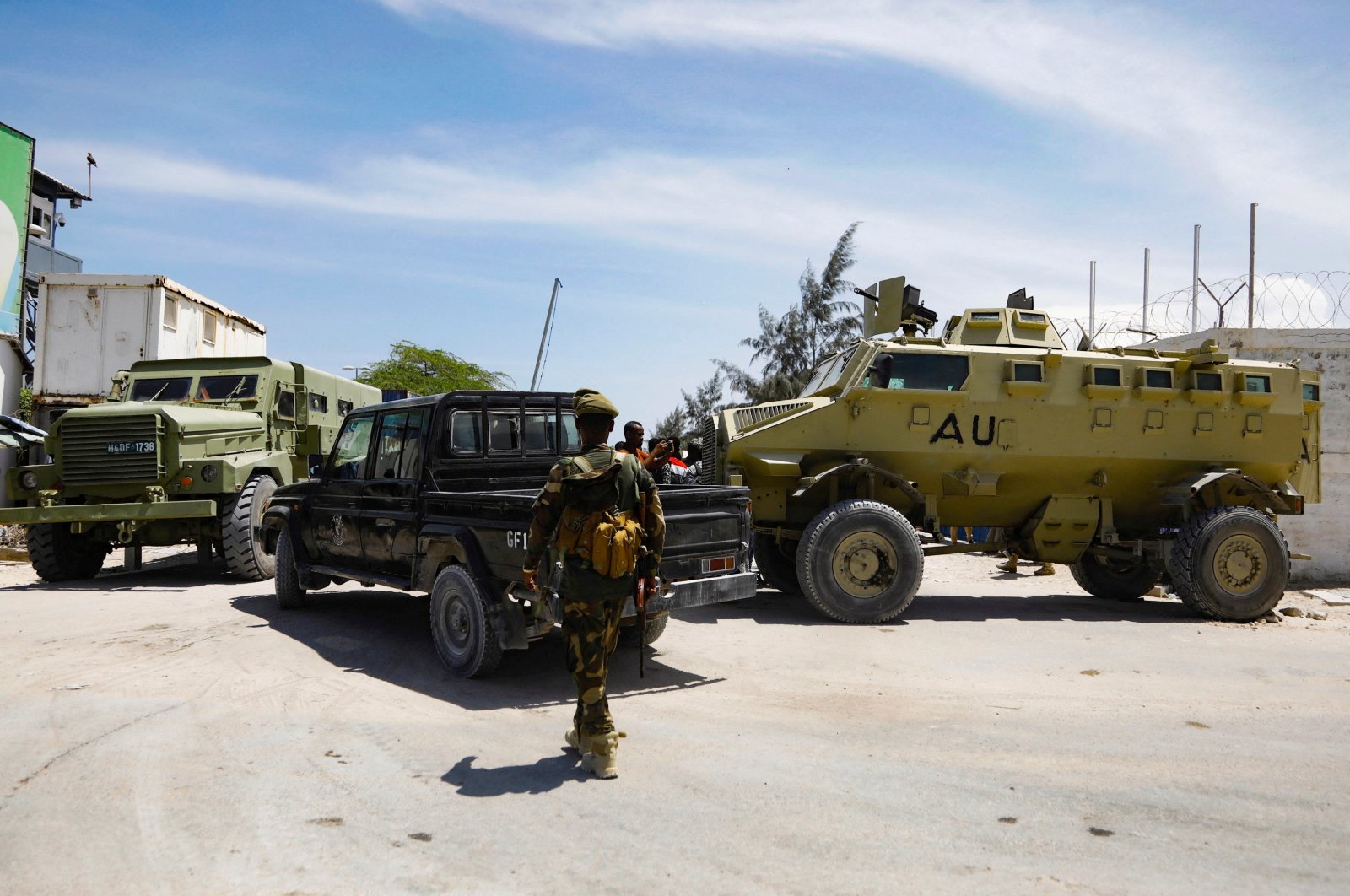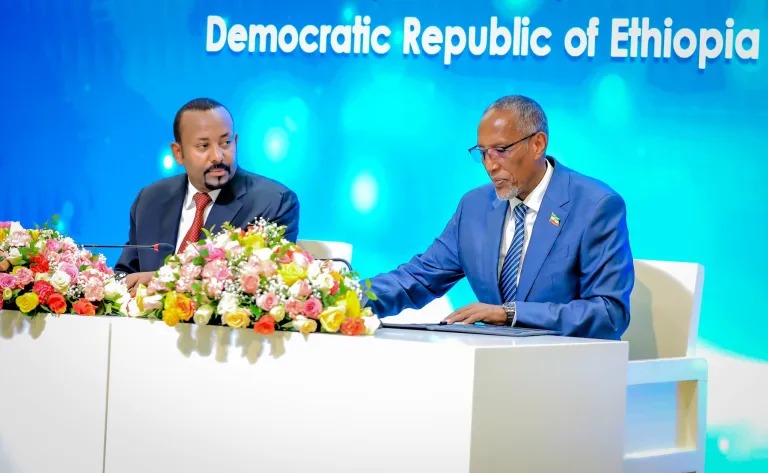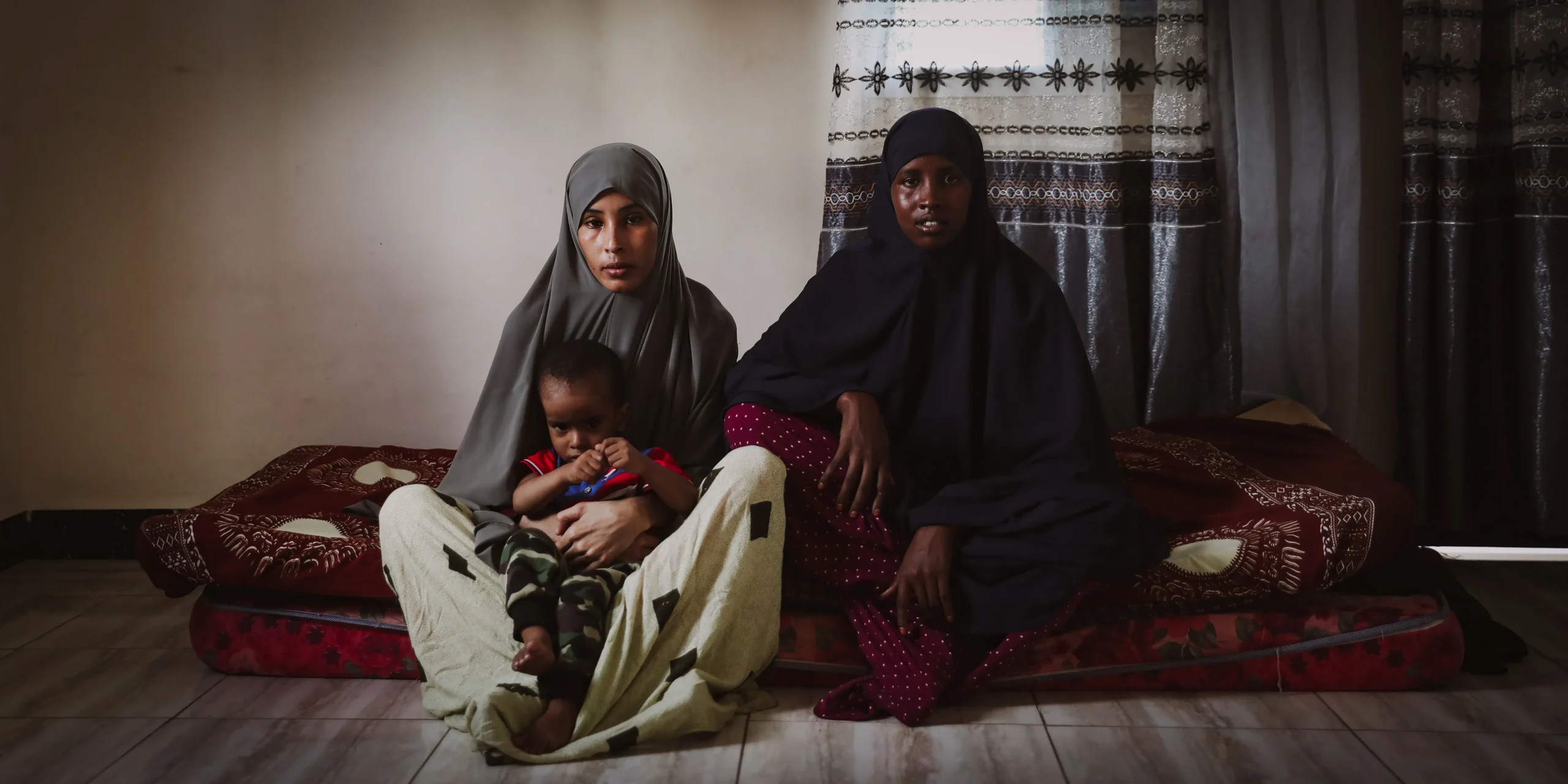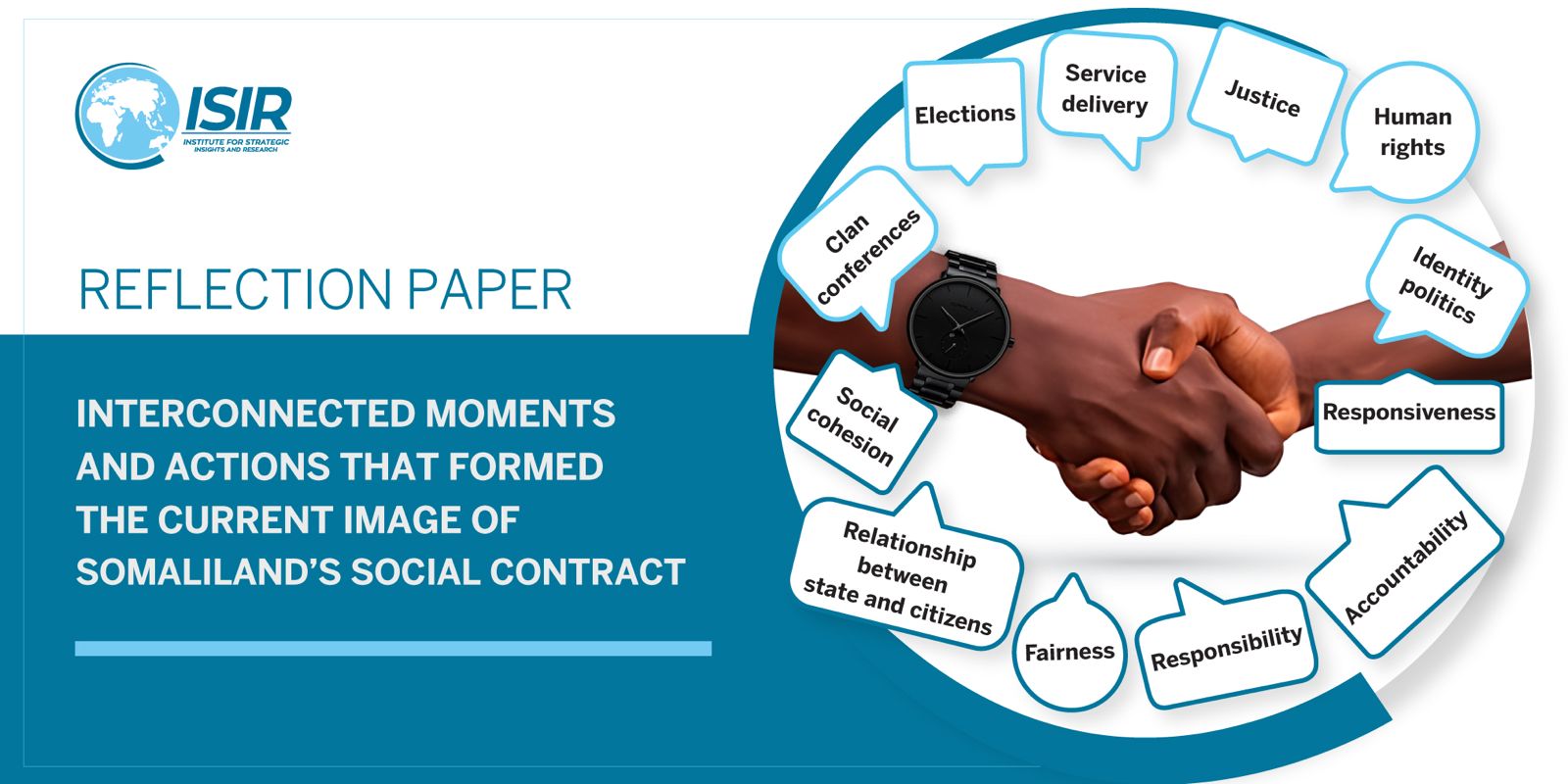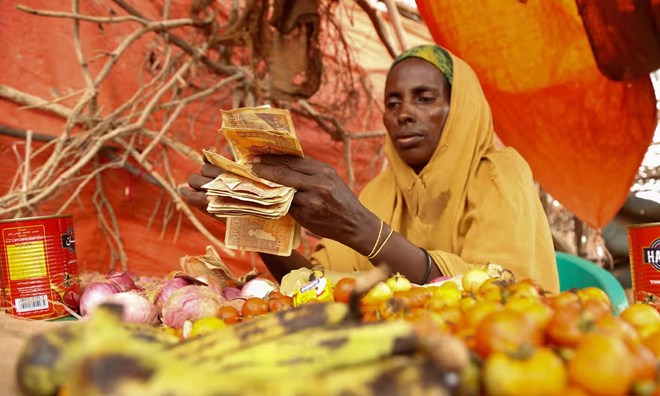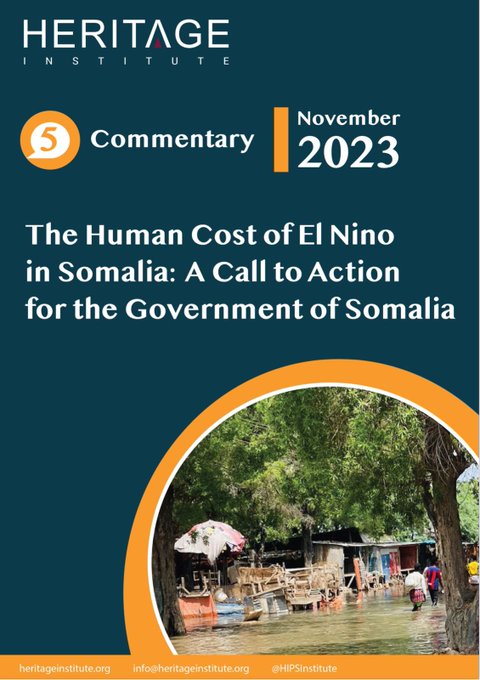Now that the elections are behind us, the rudimentary tasks of rebuilding the nation should begin, steering the country in the right direction. Embarking on a genuine reconciliation process, completing the constitution, ensuring the next election will take a one-person-one-vote format, and improving security should be President Hassan Sheikh Mohamud’s top priorities.
And speaking of security, what transpired in the contorted and bogus ultranationalism that has polarized the nation throughout the last administration’s tenure should be examined.
Since the overthrow of the civilian Government in 1969, Somali people have encountered many challenges, including a prolonged authoritarian regime rule, politically motivated clan wars, the occupation of foreign troops under the pretext of the war on terror, and the never-ending mayhem and destruction by the Al-Shabaab terrorist group. And now, the nation must confront another challenge; a galvanizing ultranationalism biting the people against each other, which could be the making of foreign adversaries.
Can nationalism be positive?
A patriotism-driven and national identity-inspired movements are sometimes beneficial and vital for people who share core conjectures to achieve common goals and interests. Civic discourses, clear objectives, and inclusive policies can compel a good nationalist sentiment. An example of a buoyant and constructive nationalist movement is the one that united all Somalis in the 1940s, helmed by SYL, with the hymn to bring all Somalis together.
A good nationalist brings people together, attends to the opposing views, and advocates for economically and socially inclusive policies.
In her book, “Nationalism: Five Roads to Modernity,” the author, Boston College Processor, Liah Greenfield, describes how identity-based nationalism became the genesis for the state creation of some of the most prominent nations in the western world, among them: England, France, Russia, and Germany. In making a case for the positive aspects of nationalism and how there are exemptions “to every relationship,” the author writes, “In other words, nationalism is not a form of particularism. It is a political ideology (or a class of political ideologies deriving from the same basic principle), and as such, it does not have to be identified with any particular community.”
When Nationalism Goes Awry?
With the far-reaching availability of social media, extremists and far-right groups have used nationalism propaganda to disseminate hateful messages against immigrants and minorities in the West. The Trump-led “MAGA Movement” and United Kingdom’s “Brexit” are now popular with far-right groups, as these slogans create political narratives of “us against them.” UK and USA have run wide-ranging investigations and substantiated that foreign governments have been involved in creating social media bots and disinformation intended to influence public opinion and build mistrust in the voting process.
At the onset of the elections of 2017, a new phenomenon of Somali nationalism was born. Thousands of active social media accounts were created – many of them probably bots(robots) – constantly propagating differing perspectives on issues with retorts that appear to be autogenerated by computer scripts.
In the months leading to the recent elections, social media trolls, many of them run by well-known individuals, went as far as to urge the elections to be annulled or delayed, the voting members of the parliament to be imprisoned, and the constitution to be completely vacated.
When you question the Government’s accomplishments, you would hear statements like, “Somalia now has the best military, we have defeated all Somali enemies, Mogadishu is peaceful now, the world respects now, etc.” Challenging to validate the proclaimed success assertions can lead to verbal scorns, as you would undergo malicious mockery and can be accused of being unpatriotic and disloyal to the nation.
In this version of nationalism, there must be an enemy. We must find someone to vilify for all nation’s ills. And if you do not espouse the idea of dividing the people into two camps – the good and the bad – you would be branded a traitor who does not care about the country. When it comes to international relations and diplomacy, ultranationalists must fabricate foreign antagonists. In the last five years, neighboring countries of Kenya and Djibouti, among others, have become the arch- enemies of the Former President’s disciples.
In the 2016 US presidential elections, Russian computer experts hacked Hilary Clinton’s campaign and disseminated implicating information about her campaign. The Russians also created fake social media accounts to sow hatred and division and sabotage voters’ confidence. And it is not only Russia that wants to influence the elections of adversaries; numerous countries are using the power of internet technology for political leverages. Unfortunately, Africa is not immune to the attempts by foreign nations to exploit elections and coax public opinion.
According to research by Stanford Internet Observatory, Russia has targeted the elections of numerous African countries with sophisticated social media tools. In one finding in 2019 involving six African nations – Libya, Sudan, the Central African Republic, Madagascar, Mozambique, and the Democratic Republic of the Congo – Russians created Facebook Pages to contort public opinion. The research report found that “In total, these Pages posted more than 48,800 times, received more than 9.7 million interactions on these posts, and were liked by over 1.7 million accounts.” And it was not only Russia that has been targeting elections in Africa, but many other countries, including China, have been running similar election meddling schemes.
Not only is Somalia more strategically located than most African countries, but the nation is also bestowed with abundant natural resources, including possessing the longest coastline in Africa. History has also taught us that Somalia has always been one of the strategic locations in Africa for foreign powers. In a November 2019 article, the NY Times reported that Russia meddled in Madagascar elections by creating online trolls, Facebook pages, and paid operatives to influence the elections. In explaining how the operation was conducted, the article states, “There was a disinformation campaign on social media and an attempt to bolster so-called spoiler candidates. The Russians even recruited an apocalyptic cult leader in a strategy to split the opposition vote and sink its chances.”
And it is for reasons like those that most governments are now spending a considerable chunk of their national appropriation expenditures on cyber security.
With a weak infrastructure and perhaps undependable cyber security system, Somalia’s adversaries can take advantage of the situation. The enemies can use social media tools to disseminate disinformation and propaganda, create hostilities between FMS and the Federal Government, advance their political narratives, and change people’s minds.
What can be done now?
With the assistance of local and international cyber security experts, the investigating body consisting of multi agencies should investigate at least the following:
- The utilization of paid social media trolls by federal agencies to disseminate disinformation and misinformation
- The origination and the source of the more popular accounts that continue to spew hate in Somali social media cycles
- Investigate If any international polities were involved in this propaganda war to advance their strategic objectives.
- Work with local internet service providers back home to ensure that their infrastructures are not used for breeding hate messages.
=====================================================================
Ahmed Garane is an Adjunct Professor, writer, and political analyst based in the United States. Contact him at: agguled@hotmail.com
References
Schwirtz, M., & Borgia, G. (2019, November 11). How Russia meddles abroad for profit: Cash, trolls and a cult leader. The New York Times. Retrieved May 23 2022, from https://www.nytimes.com/2019/11/11/world/africa/russia-madagascar-election.html
Kazeem, Y. (n.d.). Russia is targeting African politics and elections with misinformation campaigns on social media. Quartz. Retrieved May 23, 2022, from https://qz.com/africa/1739308/facebook-bans-russia-accounts-interfering-in-african-elections/
Evidence of Russia-linked influence operations in Africa. FSI. (2019, October 30). Retrieved May 23, 2022, from https://cyber.fsi.stanford.edu/io/news/prigozhin-africa
Vo, S. (2021, January 22). A New Type of Threat: Russia, China and Digital Authoritarianism in West Africa. Georgetown Journal of International Affairs. https://gjia.georgetown.edu/2020/12/26/a-new-type-of-threat-russia-china-and-digital-authoritarianism-in-west-africa/
Greenfeld, L. (2003). Nationalism: Five roads to modernity. Harvard University.
Categories: Opinion








